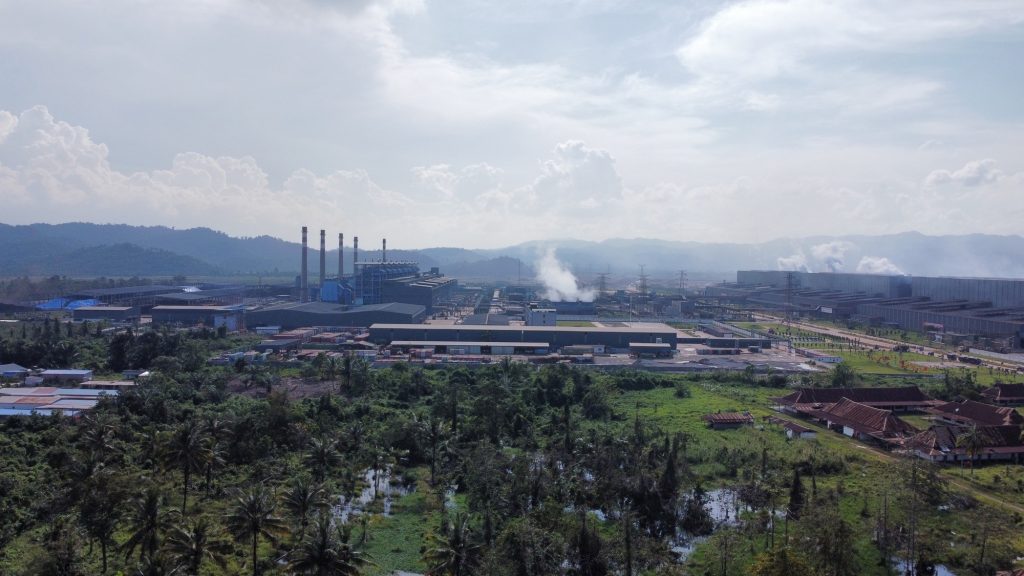Saudi Arabia is ramping up investments in Indonesia’s mining sector, particularly targeting nickel, a key material for electric vehicle batteries. This move, led by the Kingdom’s Minister of Industry and Mineral Resources during a recent visit to Jakarta, aims to forge joint ventures and build integrated supply chains across Indonesia, Africa, and the Middle East.
However, this strategy appears to conflict with Saudi Arabia’s Vision 2030, which seeks to diversify its economy and lead in sustainable development. Relying on resource extraction in environmentally sensitive regions like Indonesia may undermine these ambitions, especially as Indonesia’s mining industry faces criticism over deforestation, pollution, and social unrest.
Indonesia, for its part, is leveraging mineral exports for rapid economic growth, but this approach often prioritizes short-term gains over long-term ecological and social stability. The negative impacts of nickel mining, especially in areas like Sulawesi, have sparked concerns among local communities.
This approach presents a contradiction: investing in traditional extraction while promoting a green transition. Saudi Arabia, as a key investor, shares responsibility for the environmental consequences and risks missing the chance to lead in clean technology production and innovation.
More importantly, it is a missed opportunity.
Instead of focusing on raw materials, Saudi Arabia could deepen partnerships with Indonesia in renewable energy and technology. Indonesia’s solar and geothermal resources remain largely untapped, and collaboration in these areas would better support both countries’ sustainability targets.
Progress is already underway, with Saudi-backed projects in Indonesia’s green hydrogen sector, including a major facility in North Sumatra powered by renewable energy. Additional agreements aim to expand energy storage and green hydrogen initiatives, strengthening the two nations’ ties in sustainable energy.
By prioritizing renewables, both countries can spur innovation, create jobs, and build more resilient economies. This shift would also position them as leaders in global clean energy transition and champions of equitable development within the Global South.
The geopolitical context adds urgency to this recalibration.
Amid shifting global trade dynamics and rising protectionism, building robust, future-oriented partnerships in green technology is both an ecological and economic necessity. Such cooperation could set a model for resource sovereignty and energy justice.
With Saudi investment in Indonesia still modest, the sectors chosen for future growth will define the Kingdom’s global reputation—whether as a forward-looking innovator or as an extractor clinging to outdated models. The path ahead calls for investments in clean energy and knowledge-based industries, not just mining.
There remains a window for Saudi Arabia to embrace this future-focused direction, investing in sustainable growth rather than repeating the mistakes of the past.
